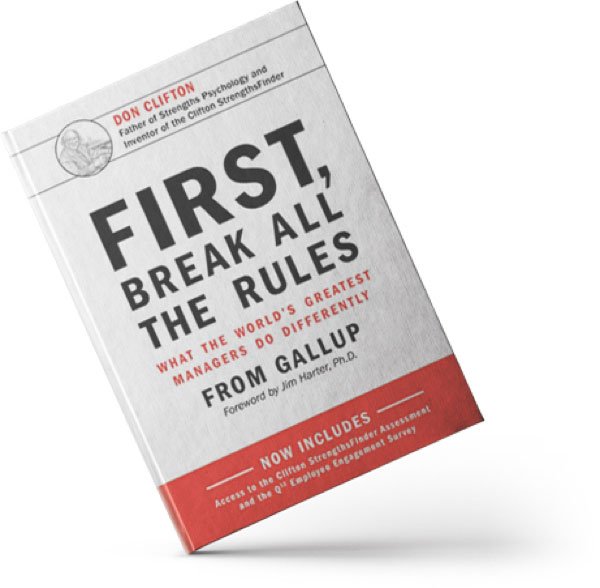MAKING SURE ENVIRONMENTAL BUSINESS CLAIMS ARE TRUTHFUL
The environment, climate change and sustainability are continually in the news. Green credentials matter to customers. They’re demanding products and services which are better for the environment. Businesses are shouting about their green credentials. They want to stand out. That’s great but are they being really honest?
Many are genuine in their efforts to address their impact on the environment. But there are also those that just want to secure their market share. They may not blatantly lie but they could be guilty of exaggerating the impact of what they’re doing.
GOING GREEN
As Kermit said ‘it isn’t easy being green.’ We know tackling sustainability issues within your business isn’t always straightforward.
Things may change over time as we all learn more about the impact of certain accepted business practices. It’s not always possible to make an overnight change.
That’s why we’re really pleased there’s legislation now in place which makes it illegal to make false sustainability claims. It applies to all businesses. Big and small. It applies to all products and services. Manufacturing through to accountancy. And it’s going to be enforced.
And the people responsible for this move? The Competition and Markets Authority (CMA). They’re the UK’s primary competition and consumer authority. It’s their job to make markets work well for consumers, businesses and the broader economy.
The CMA are the people who write guidance for businesses so we’re all clear about our obligations when it comes to consumer protection law. They also have powers to make businesses comply.
WHAT’S CHANGED?
This new recently introduced guidance relates to environmental claims. It covers any claims which suggest that a product, service, process, brand or business is better for the environment.
This includes claiming, suggesting, or creating the impression that the product or service has a positive environmental impact or no impact on the environment. That it’s less damaging than a previous version of the same good or service. Or that it’s less damaging to the environment than competing goods or services.
Those environmental claims could relate to impact on the environment in general or on specific environmental aspects such as the air, water or soil.
The claims can be explicit or implicit. The guidance covers advertisements, marketing material, branding (including business and trading names), packaging and any information provided to customers.
MAKING IT HAPPEN
The Advertising Standards Authority and Trading Standards also has a role in enforcing and challenging misleading claims along with the CMA. They have the to court if they are getting it wrong. Fines will be imposed.
Getting it wrong could be an expensive business. Customers can bring legal action- or seek redress in the courts for certain breaches of consumer protection law.
This change means businesses will have to make real sustainable changes to their business to meet their customers’ demands. Not greenwash their way by claiming they are making a difference when they’re not. Businesses will have to evidence what they’re doing before they can shout about it.
BE HONEST
Can you put a tick against these questions? Are your business claims:
- truthful and accurate
- clear and unambiguous
- not omit or hide important relevant information
- fair and meaningful when it comes to comparisons
- considering the full life cycle of the product or service
- substantiated
What’s your view? Do you think using the stick of legislation will have more effect on making businesses think about their sustainability goals and environmental practices?
For what it’s worth we think sustainability has been an optional extra for too long. For too long we’ve all being trying to make the case for embedding sustainability into business. No more. Legislation isn’t the only answer but it’s a start. It means businesses need to embed sustainability into their practices. It won’t be just a marketing opportunity. The threat of real financial penalties is likely to be a big driver of change. Read more about the legislation here. Making environmental claims on goods and services – GOV.UK (www.gov.uk)
And finally. Do you already publish metrics and actions on your sustainability initiatives? Getting these assured is a good way to boost customer confidence and keep the CMA away.
Here’s what one of our clients, Fly Victor, said about working with us on a carbon credits assurance project:
“Cooper Parry has consistently delivered above and beyond our expectations. Their specialist teams are well placed for our business needs bringing together a wealth of knowledge and timely reporting. You really do feel that you’re in trusted and safe hands.
These are the main reasons we engaged Cooper Parry for our carbon audit. Their advice is clear, concise, and very practical. In addition, they are a great bunch of people to work with!”
A COUPLE OF HELPFUL LINKS
We know that all this information can be overwhelming. It’s a lot to take in. So, here’s a couple of handy resources to give you some more insight:
The Green Claims Code checklist – GOV.UK (www.gov.uk)
Green Claims Code – Check your environmental claims are genuine























